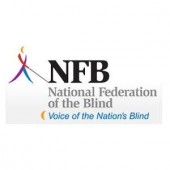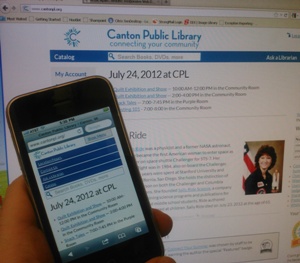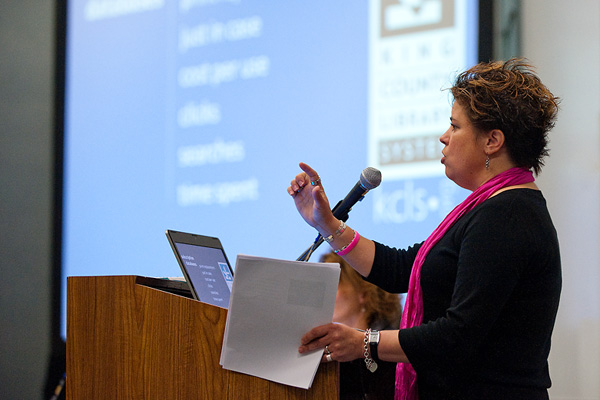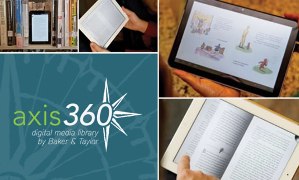
The Free Library of Philadelphia (FLP) this week settled the lawsuit filed against it in May by four blind patrons assisted by the National Federation of the Blind (NFB). Under the terms of the settlement, FLP has agreed to supplement its collection of more than 60 NOOKs with ten accessible devices, according to a press announcement from the NFB. Within four years, the library will transition to a collection of e-readers that are all accessible to the blind, and will begin incorporating an accessibility requirement into its technology procurement contracts.



